That's Right! It's Cinnamaldehyde
What is Cinnamaldehyde?
Cinnamaldehyde is a natural spice that comes along with the oil drawn out from the inner bark of cinnamon trees. Aside from the fact that it gives your bread or drink an appetizing aroma, its scent can also be used to drive off animals like cats and dogs, and are therefore effective prey repellants for plants. Cinnamaldehyde can also help get rid of fungi and bacteria that makes plants unhealthy.
The next time you eat your cinnamon bread, you would know, from the smell, that it’s Cinnamaldehyde!
What does Cinnamaldehyde look like in Chemistry?

Let’s Get Building!
Take out your Student Molecular Model Set from Duluth Labs and let’s create Cinnamaldehyde. You’ll need:
-
9 Carbon atoms
-
8 Hydrogen atoms
-
1 Oxygen atom
-
8 small connectors (compact short bonds for hydrogen)
-
5 medium connectors (for single covalent bonds)
-
10 long connectors (for double bonds)
-
Molecular tool (for disassembly)
Lets start with the Benzene ring!
Steps
-
1. Get one carbon atom, then using one medium connector, connect this to another carbon atom.
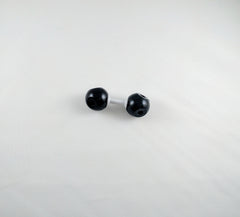
-

2. After attaching the two carbons, connect one hydrogen atom to the second carbon using a small connector.
-

3. After connecting hydrogen to carbon, use 2 long connectors to connect another carbon atom.
-

4. Once finished, attach one hydrogen atom to the 3rd carbon using 1 small connector.
-
5. After connecting the hydrogen to 3rd carbon, use 1 medium connector to connect the 3rd carbon to another carbon.

-

6. Again, attach another hydrogen atom to the 4th carbon using 1 small connector.
-
7. After connecting hydrogen to the 4th carbon, use 2 long connectors to connect another carbon atom.

-
8. Using a small connector, attach a hydrogen atom on the 5th carbon.

-
9. Then, after connecting the hydrogen atom on the 5th carbon, use 1 medium connector to connect the 5th carbon to the 6th carbon.

-
10. Attach another hydrogen to the 6th carbon using a small connector.

-
11. After connecting the hydrogen atom to the 6th carbon, get 2 long connectors and attach the 6th carbon to the 1st carbon.

Thats its! You’ve just built out the backbone (Benzene ring) to the Cinnamaldehyde Molecule.
Please Note: One of the carbon atoms will appear to have an empty hole for attachment/bonding. Rotate the structure so that the carbon with the missing bond is positioned to be carbon #3 (clockwise).

Let’s complete our Cinnamaldehyde structure!
Steps
-
1. At carbon #3 (open bonding site) use a medium connector to attach another carbon atom to the 6-membered ring.

-
2. Then, use 1 small connector to connect one hydrogen to it.

-
3. Using 2 long connectors (forming a double bond) to bond to another carbon atom.

-
4. Again, attach one hydrogen atom to this carbon using a small connector.

-
5. Then, get a medium connector to connect the last carbon atom.

-
6. After connecting the last carbon, use two long connectors to attach the oxygen.

-
7. Connect the remaining hydrogen atom to the last carbon using a small connector.

We want to know how you made your Cinnamaldehyde!
How did your cinnamaldehyde turn out?
Comment and share pictures below! Tune in next week for another molecule of the week!
See you then xoxo :)
Afton Direct LLC





















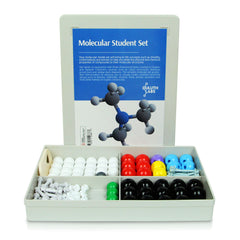
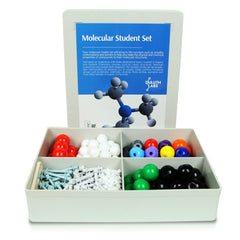
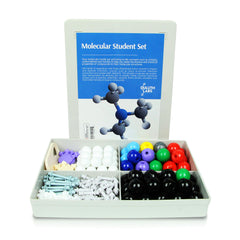
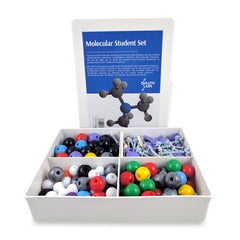
http://mewkid.net/when-is-xuxlya2/ – Amoxicillin No Prescription Buy Amoxicillin Online gcg.vwjk.duluthlabs.com.bfr.sp http://mewkid.net/when-is-xuxlya2/